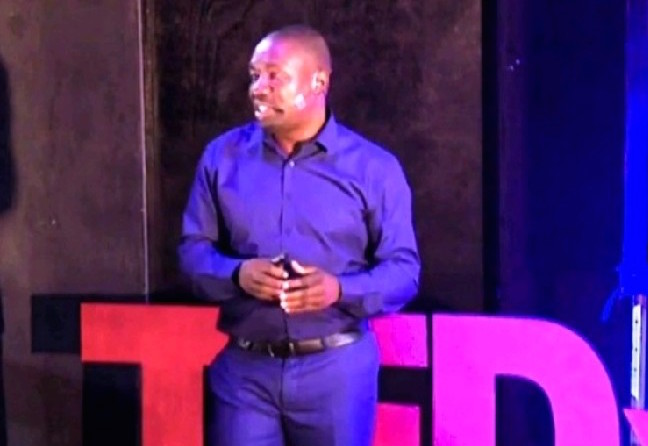|
Getting your Trinity Audio player ready…
|
What employees value most is respect, according to occupational psychologist Memory Nguwi. Also important are supportive leadership and leaders who live the organisation’s core values, he said.
He told participants in a two-day Chartered Governance and Accountancy Institute in Zimbabwe Winter School in Harare last Thursday that this was the finding of a survey on the cultural elements most important to employees.
Another study showed there were few differences between different generations in terms of work performance.
Psychological safety, by which was meant employees feeling free to voice their opinions in workplace meetings and question management decisions or practices, was important, he said.
Often employees did not feel safe enough to speak freely in meetings, feeling it was safer to keep quiet or simply agree with their boss.
“When fear is at the core of your operations, your team members will give you their hands but never their hearts and minds.
“Good leaders create an environment where people can be themselves and where it is very safe to speak out and challenge issues,” he said.
“If you want people to follow you, you must respect them,” he added.
He said critical thinking was important but emphasised it should always be backed up with facts.
The winter school was well attended and stimulating, with presenters providing different perspectives on accounting and governance issues.
South African Institute of Professional Accountants (SAIPA) executive Rashied Small, who made his presentation virtually, said he doubted that anyone realised what important role accountants play in a country. It had been found that in the fastest growing economies it was accountants rather than the government that was driving the economy, he said.
Accountants not only had a responsibility to their clients but had to be accountable to the public.
“If you have to choose between the client and the public interest, the public interest must take priority,” Mr. Small said.
“If you are not happy about certain information, you have a responsibility to investigate whether there has been any fraud or corruption,” he said.
With technology taking over some of the accounting functions, digital proficiency was important. The accounting profession was moving towards an advisory function, he said. Qualitative and non-financial information required integrated thinking.
Medirite Healthcare managing director Mugove Chideme shared his own experience in building a business. His first failed business venture taught him the importance of not using working capital to purchase expensive cars and of making profits before purchasing such cars.
He learned from this experience. His current business is one of the major suppliers of healthcare products in the health sector.
He attributed his eventual success to having a passion for his business and daring to dream.
“Transform problems into opportunities,” he said. “For example, if electricity is always unavailable, look at how you can import solar products for power.”
July28 managing director Jackie Hussein explained the Metaverse and Web 3.0 concepts to winter school participants on Friday.
The metaverse would take working from home and virtual participation in meetings a step further by allowing one to interact with others, with an image of oneself and others interacting making it seem as if one was actually present with them in the office, a bar, or anywhere else.
“It sounds far-fetched. The technology for the metaverse is still evolving and in many cases is already here,” she said.
Web 3.0 would give users control over their own data, unlike the present situation where others access people’s data and use it without their permission.
Sabi Mines finance executive Alec Jemwa gave an insight into how to go about a forensic audit. Such an audit was carried out where there were suspicions of fraud. Its purpose was to establish whether there was such fraud and, if there was, to obtain evidence of it that would enable those concerned to be prosecuted.
It was an investigative process, he said, requiring investigative skills that were not required for a standard audit.
He suggested that the reason many forensic audits do not end up in a prosecution is that some of those conducting forensic auditing lacked the necessary investigative skills.
Another problem was that the person responsible for the fraud might be the one to whom the report had to be presented.
“Your report may go to the person who engages you, who may be the perpetrator,” he said.
